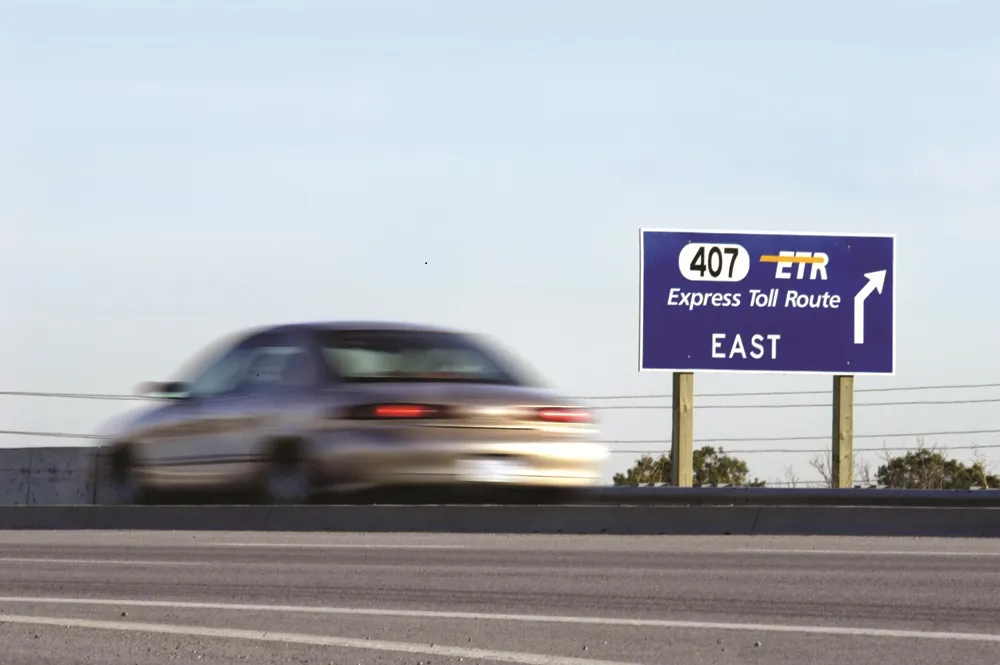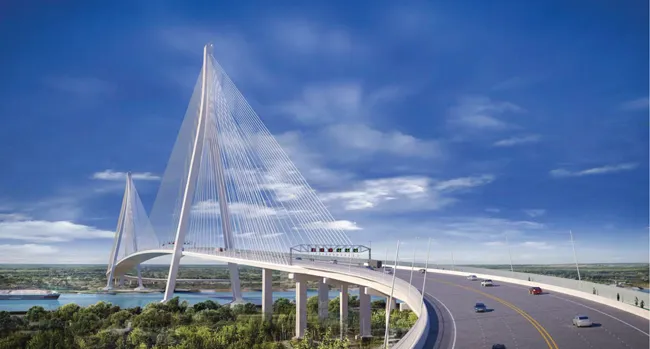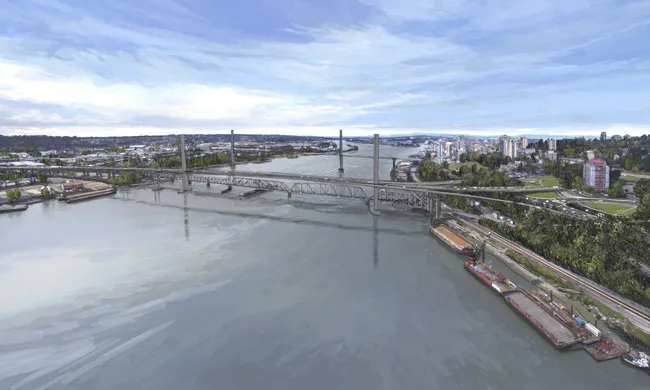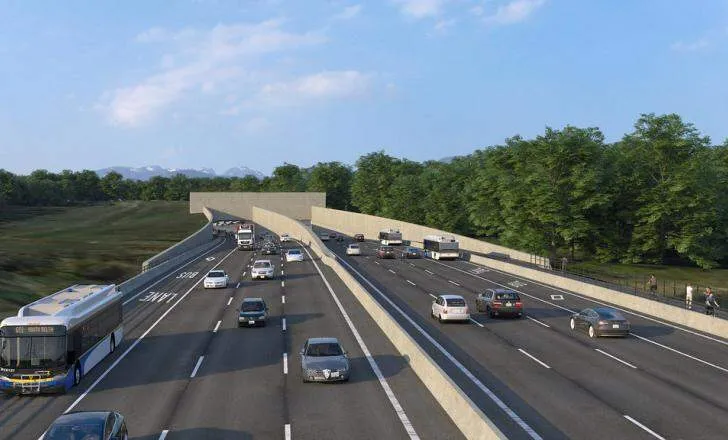
Highway 407 East is part of the Ontario province’s Highway 407 project, a major Toronto bypass that includes the 108km 407 ETR – Express Toll Route – that is operated by concession to a private company, itself called 407 ETR Concession.
The 407 ETR company is owned by subsidiaries of the Canada Pension Plan Investment Board (50.01%), Cintra Global, a wholly owned subsidiary of Ferrovial (43.23%) and by SNC-Lavalin (6.76%).
Highway 407 East is connected to 407 ETR and allows drivers a speedy trip north of Toronto – Canada’s largest city and financial centre. The route runs through the Toronto suburb towns and cities of Burlington, Oakville, Mississauga, Brampton, Vaughan, Markham, Pickering, Whitby and Oshawa before ending in Clarington, north of Bowmanville.
Phase 1 of 407 East opened in Oshawa in 2016. The 9.6km Phase 2A opened in January 2018. The 14km Phase 2B just opened and includes another tolled north-south link between Highways 401 and 407 known as Highway 418. The new stretch of Highway 407 and new Highway 418 is fully owned and operated by the province of Ontario.
Last September, 407 ETR opened 14 new lane-kilometres on Highway 407 ETR between Markham Road and York-Durham Line. This marks the second year in a row that 407 ETR has opened new lanes on the highway. Since 407 ETR was given the concession, it has doubled the footprint of its section of Highway 407 - adding over 567km of roadway since 2001 at a cost of around US$1.2 billion.
The company pays all costs of operating the 407 ETR, including the full cost of policing, snow removal, enforcement by the Ministry of Transportation and repairs and maintenance to the roadway.
According to the concession operator, average daily workday trips on 407 ETR increased 75% from 237,000 in 1999 to more than 415,000 in 2018. Also, 407 ETR is fully electronic tolling - barrier free. Motorists receive only one invoice for the use of Highway 407, 412, 418 and/or 407 ETR. This includes transponder leases, monthly account charges and video toll charges.








